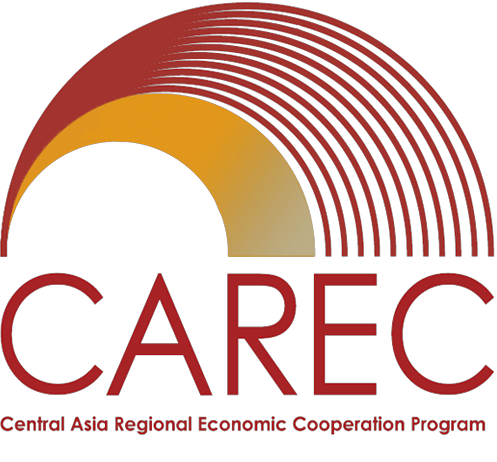Human Development
Education
The CAREC Program’s education sector initiatives are evolving with the introduction of the CAREC Skills Development Working Group and the Green Skills Technical Assistance (TA). These efforts aim to enhance educational delivery and cooperation through exchanges, joint programs, and networks in green skills development. The Skills Development Working Group was established when Senior officials from 10 CAREC countries met in Tashkent from 29 February to 1 March 2024. The Working Group supports evidence-based policy research for skill strategies, and the Green Skills TA focuses on regional green skills development, aligning with CAREC’s climate action priority. These initiatives underscore CAREC’s commitment to fostering regional cooperation and advancing human capital development.
Health
Public health threats such as infectious disease outbreaks can quickly cross borders and become a cross-border concern. They can only be effectively addressed through regional health cooperation. CAREC countries need to work together to manage health risks, and also to collaborate on health systems strengthening and the health of migrants, mobile populations and border communities. The CAREC Health Strategy 2030 supports health cooperation. It has a particular focus on enhancing health security through regional cooperation. This strategy will benefit the population of every CAREC country, including migrants and the vulnerable population groups. The strategy covers four strategic pillars, namely 1) Leadership and Human Resource Capacity; 2) Technical Preparedness (Laboratories and Surveillance), 3) Access to Supplies and Surge Capacity, 4) Vulnerable Population Groups and Border Health. A CAREC Working Group on Health was established in March 2022 and is leading the implementation of the CAREC Health Strategy 2030 with support from development partners.
